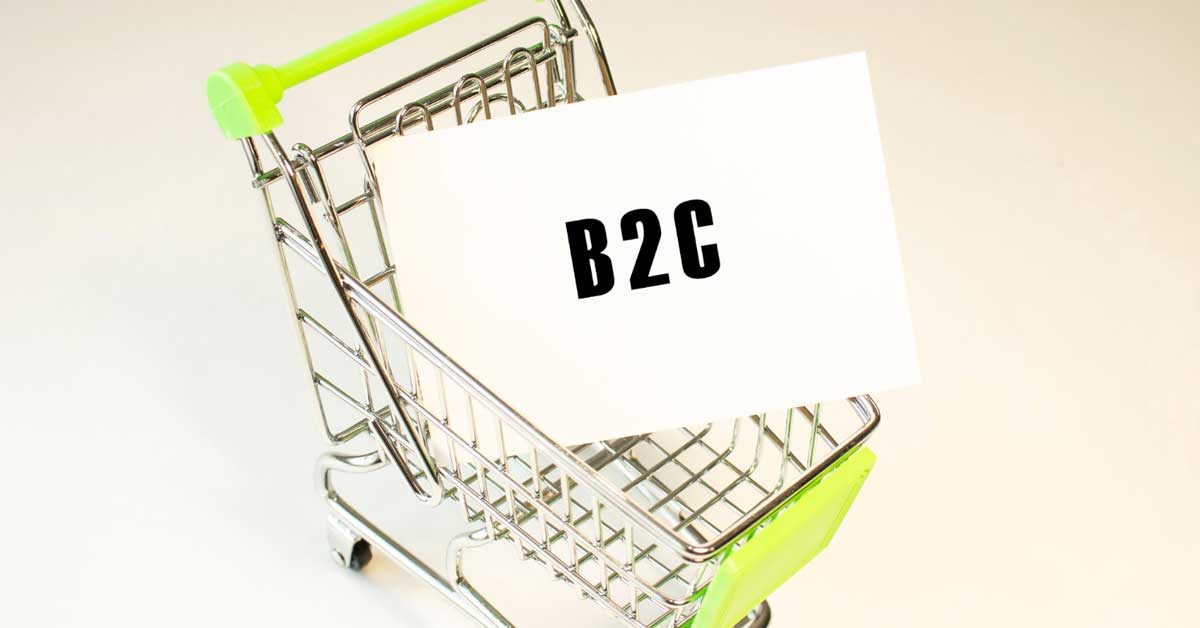In the fast-paced digital era, eCommerce has become an integral part of our lives. As businesses transition to the online realm, the question arises: “Which eCommerce type is the most successful?” In this article, we’ll delve into various eCommerce models, exploring their unique features, strengths, and potential for success.
Understanding eCommerce Types
B2B eCommerce (Business-to-Business):
- Definition: B2B eCommerce involves transactions between businesses.
- Success Factors: Relationship building, personalized services, and efficient communication.
- Examples: Alibaba
B2C eCommerce (Business-to-Consumer):
- Definition: B2C eCommerce focuses on selling products or services directly to consumers.
- Success Factors: User-friendly interfaces, personalized shopping experiences, and efficient checkout processes.
- Examples: Amazon, eBay.
C2C eCommerce (Consumer-to-Consumer):
- Definition: C2C eCommerce facilitates transactions between individual consumers.
- Success Factors: Trust-building mechanisms, secure payment systems, and user ratings.
- Examples: Craigslist, Facebook Marketplace.
D2C eCommerce (Direct-to-Consumer):
- Definition: D2C eCommerce involves brands selling directly to consumers, bypassing traditional retail channels.
- Success Factors: Brand control, personalized marketing, and data-driven strategies.
- Examples: Warby Parker, Casper.
Mobile Commerce (mCommerce):
- Definition: mCommerce involves online transactions through mobile devices.
- Success Factors: Mobile optimization, seamless app experiences, and secure payment options.
- Examples: Uber, Starbucks.
Factors Influencing Success
User Experience (UX):
- Intuitive navigation and responsive design contribute to a positive user experience.
Payment Security:
- Secure payment gateways build trust among customers, reducing cart abandonment rates.
SEO Optimization:
- Utilizing relevant keywords and optimizing product listings enhances search engine visibility.
Social Media Integration:
- Leveraging social media platforms for marketing and sales can significantly boost visibility and engagement.
Customer Support:
- Responsive customer service fosters trust and loyalty among customers.
FAQs:
What is the best eCommerce type for small businesses?
- For small businesses, B2C eCommerce is often the most suitable, providing a direct channel to reach and engage with individual consumers.
How important is mobile optimization for eCommerce success?
- Mobile optimization is crucial in today’s digital landscape. With a growing number of users accessing websites via mobile devices, a seamless mobile experience enhances accessibility and customer satisfaction.
Can a business utilize multiple eCommerce types simultaneously?
- Yes, businesses can implement a hybrid approach, combining B2B, B2C, and other models based on their target audience and products/services.
How does SEO impact eCommerce success?
- SEO optimization enhances online visibility, driving organic traffic to your eCommerce platform and increasing the likelihood of conversions.
Conclusion
Success in eCommerce is multifaceted and depends on various factors. The most successful eCommerce type is subjective and relies on the nature of the business, target audience, and industry trends. By focusing on user experience, security, and strategic planning, businesses can carve their path to success in the digital marketplace.
Related Article:
This page was last edited on 2 January 2024, at 6:02 pm
How can we help you?
























